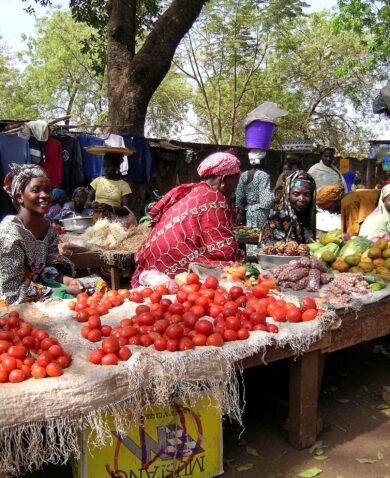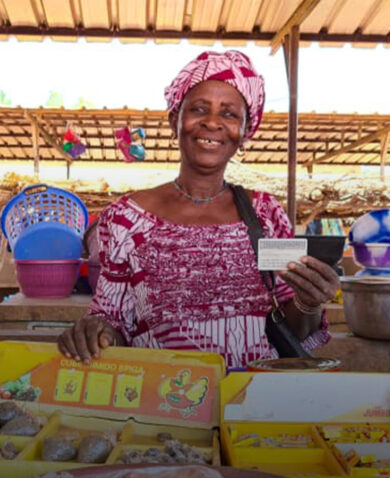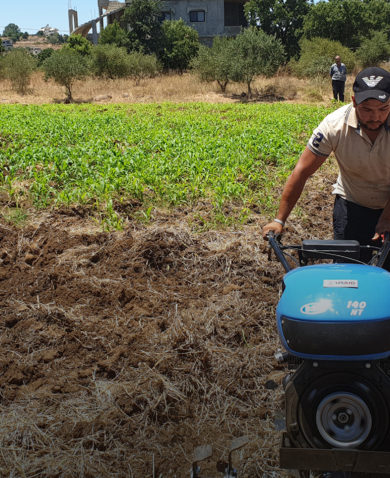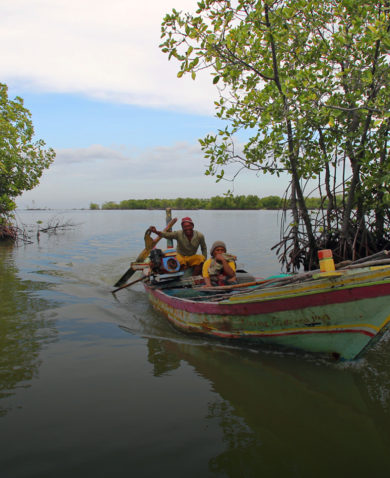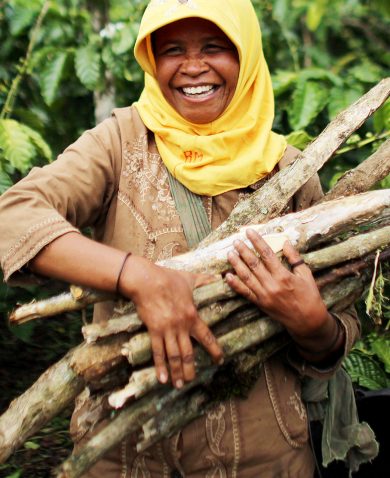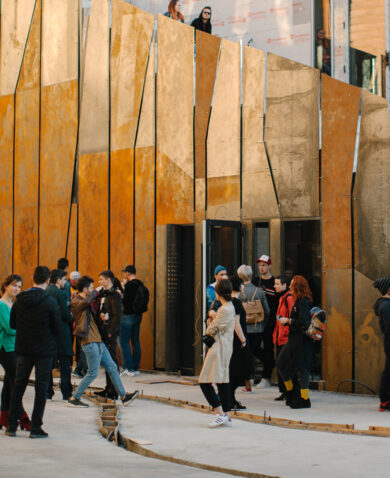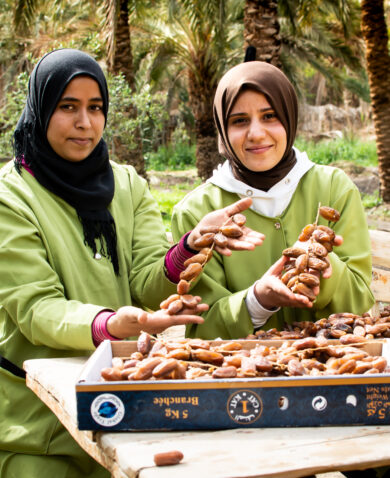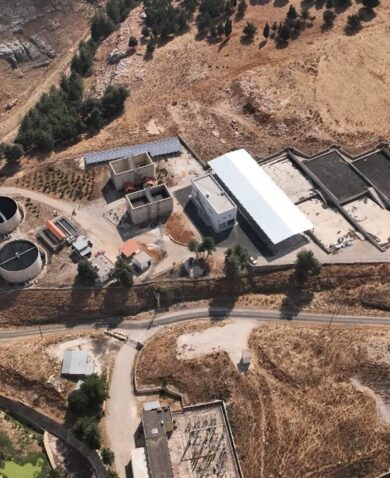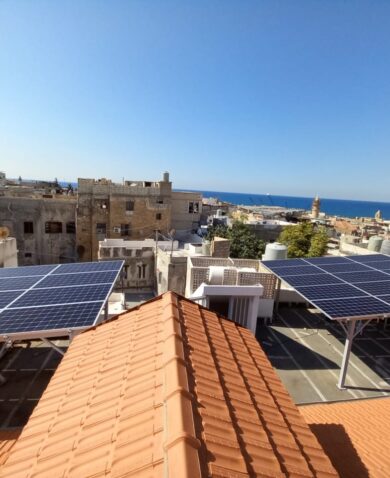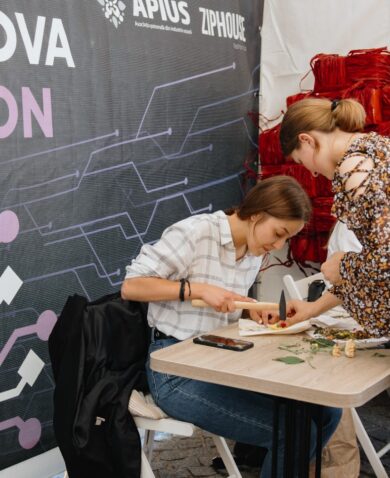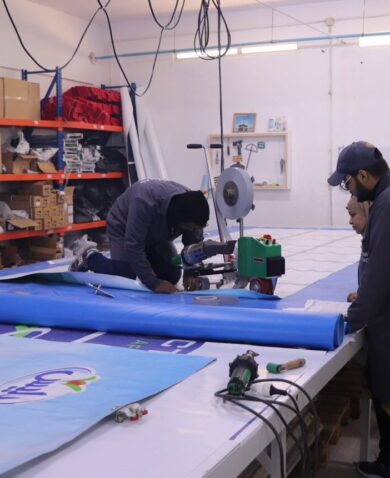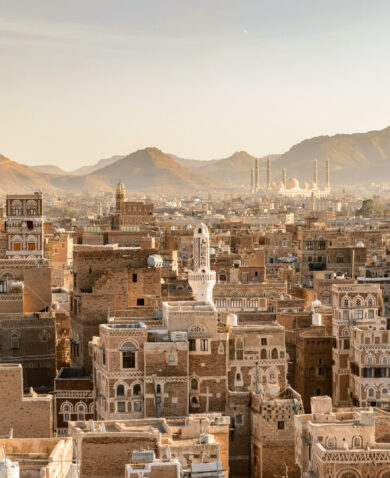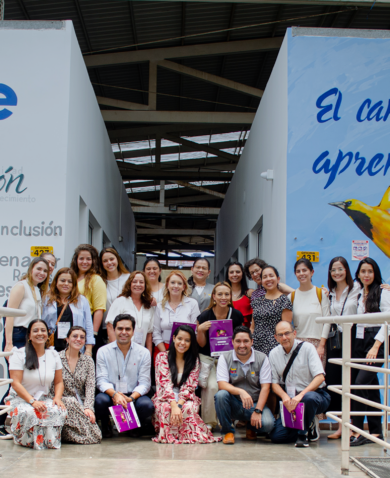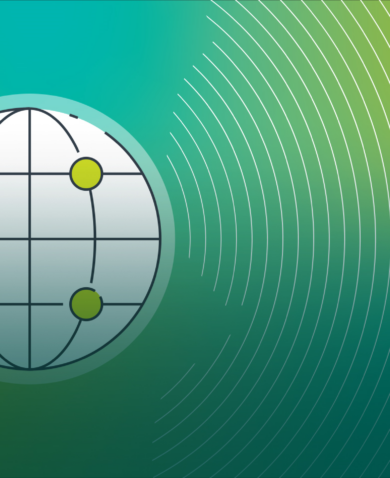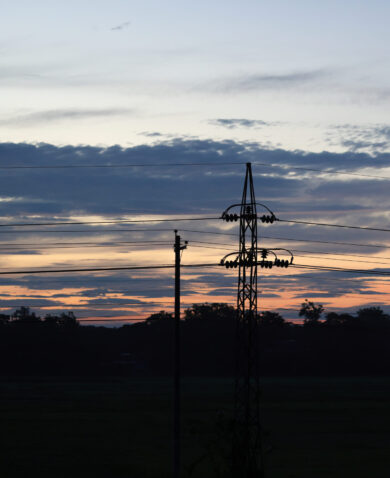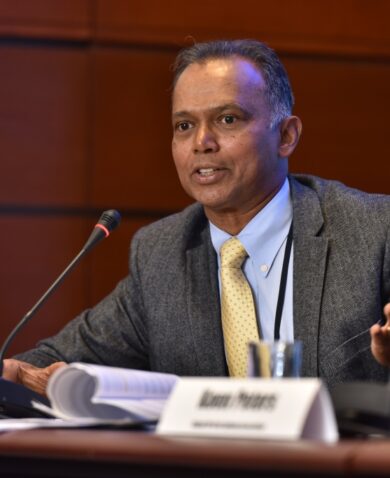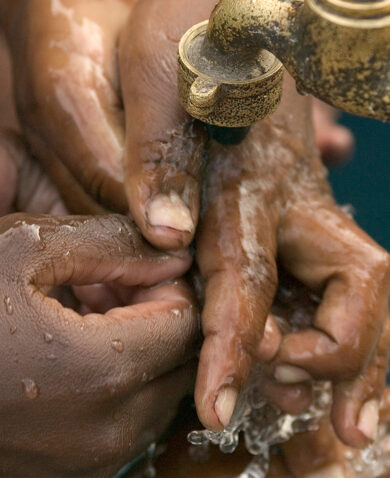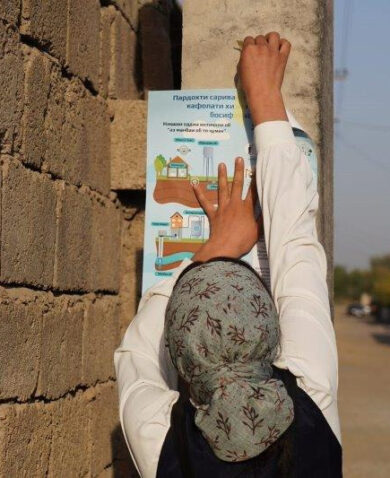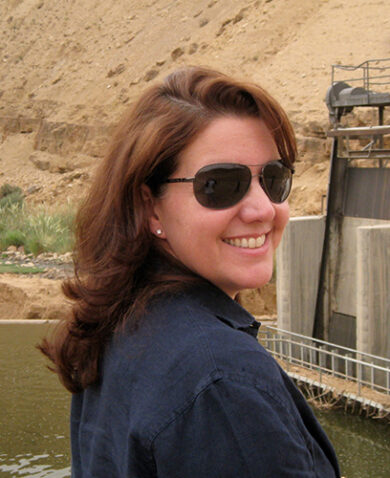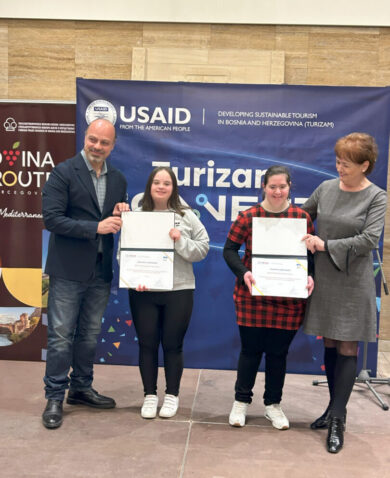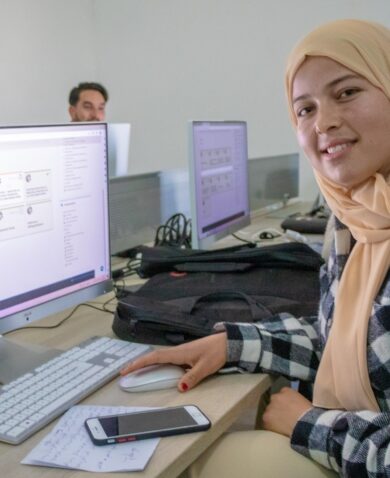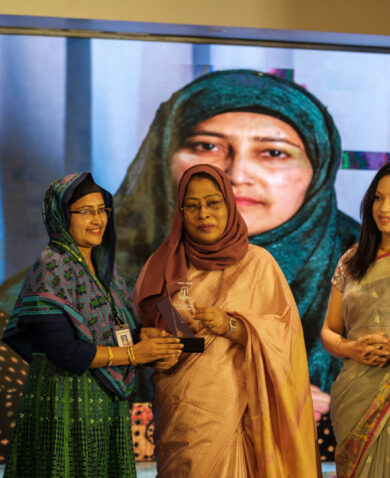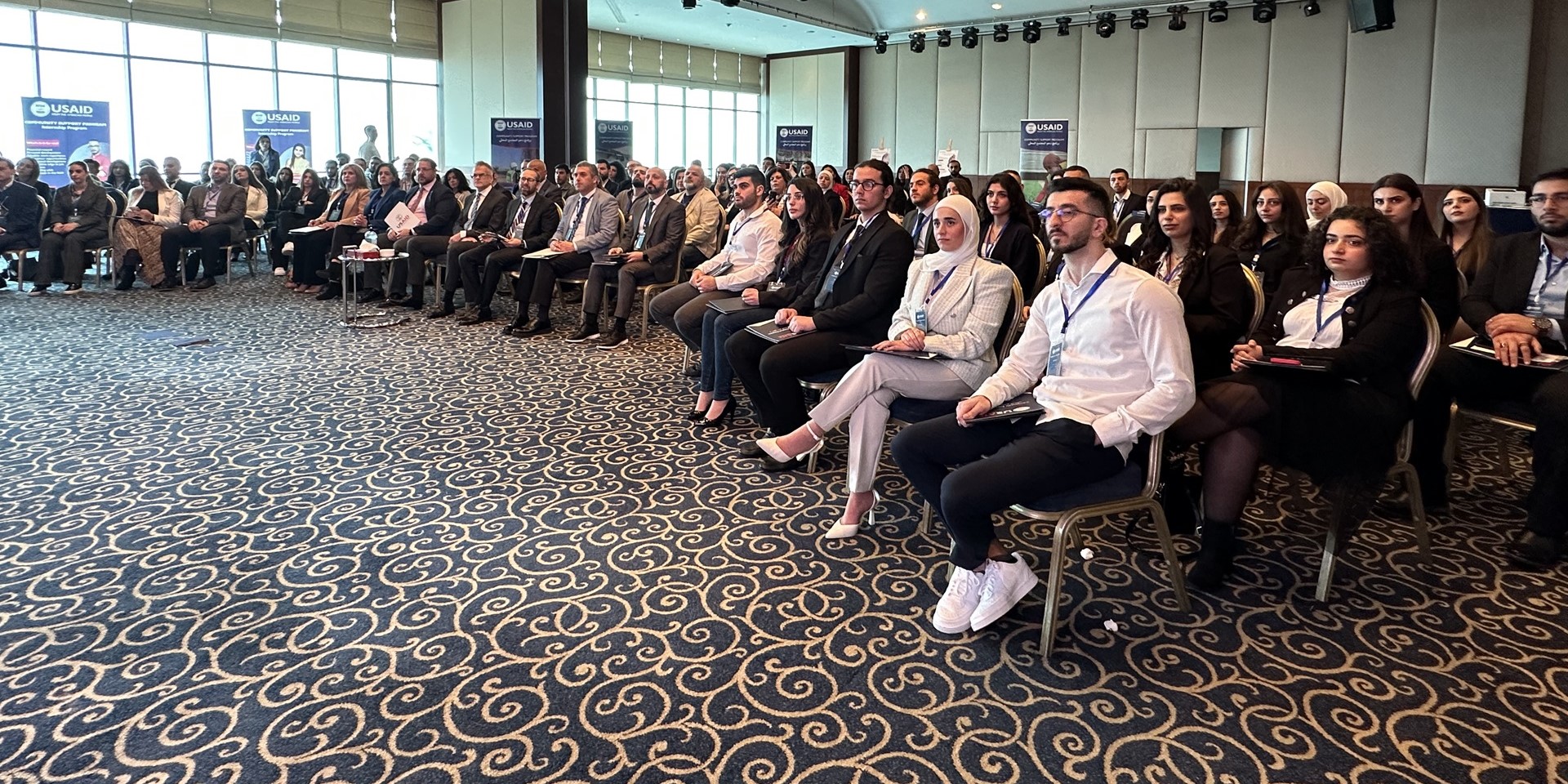
Internships and Inclusivity: Lebanese Students Team Up with USAID .
December 13, 2023The USAID Lebanon Community Support Program (CSP) leveraged the knowledge and skills of local university students and graduates via internships, resulting in a more youth-inclusive and gender-balanced program.
The financial crisis in Lebanon, which began in 2019, has been further exacerbated by the COVID-19 pandemic, 2020 Beirut port explosion, and Russian invasion of Ukraine. Unemployment among youth and recent university graduates has soared to more than 47%, pushing more than 215,653 Lebanese — mostly youth searching for jobs in global markets — to emigrate between 2017 and 2021.
In response to this crisis, which has been described as one of the worst financial recessions since at least the 19th century, CSP initiated an internship program to provide financially needy Lebanese university students and graduates with internships within local USAID programming, providing temporary financial relief to students whose families are suffering from the financial crisis. Between 2019 and 2023, CSP facilitated the hiring and placement of 186 university students and recent graduates from 11 Lebanese universities across 12 USAID implementing partners in the country, providing the students with valuable learning opportunities and temporary or permanent economic relief.
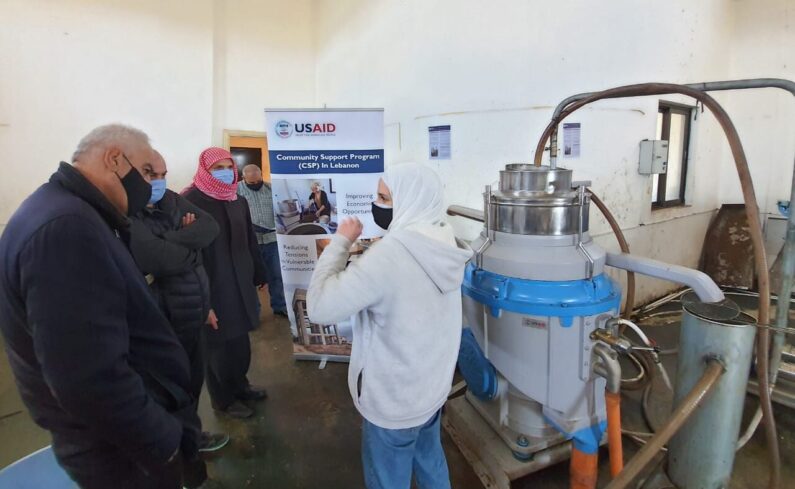
Indeed, this program has become the most visible university internship program in Lebanon and one of the flagship USAID university internship programs globally. It now boasts 186 interns total, of whom 155 have already completed their internships. It has also recorded a remarkable rate of 60% female participation, compared to 32% female participation in the Lebanese job market. While future employability is not one of the internship program’s main objectives, 52% of CSP interns have secured permanent jobs after completing the program, compared to the overall 34% employment rate among Lebanese university graduates. This is borne out by Tia Hajjar, an environmental sciences graduate at the American University of Beirut. “CSP has provided me the opportunity to apply my skills, improve my competencies, and build connections for improved employability,” Tia says. After concluding her internship, Tia was offered and accepted a job as a senior monitoring, evaluation, accountability and learning and grants officer at a local NGO.
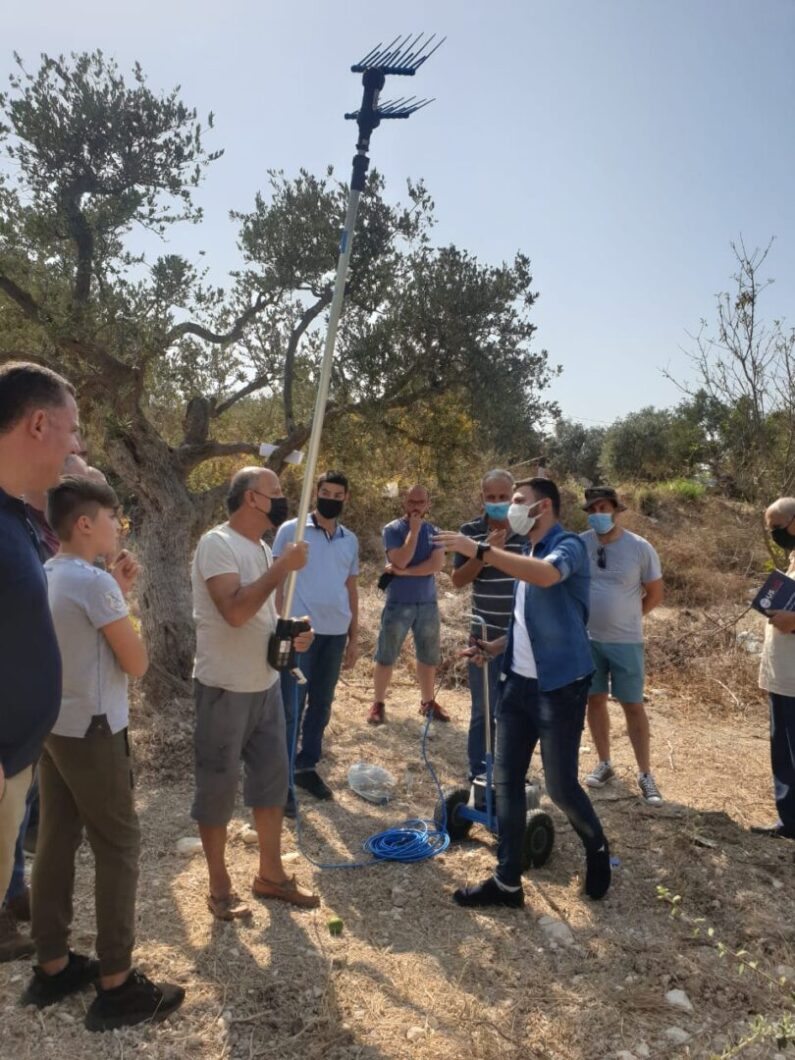
CSP designed the program collaboratively with 12 USAID Lebanon implementing partners and 11 Lebanese universities, with program design tailored to their needs, priorities, and modus operandi. Two annual pause-and-reflect sessions among institutional stakeholders guaranteed that all recipients had a chance to tweak design and implementation according to their evolving needs. This responsive approach has resulted in an overwhelming demand for program services from both universities and USAID implementing partners. The pause-and-reflect sessions were critical for finetuning and streamlining the processes for internship announcements, student applications, screening and interviewing, and internship initiation and conclusion.
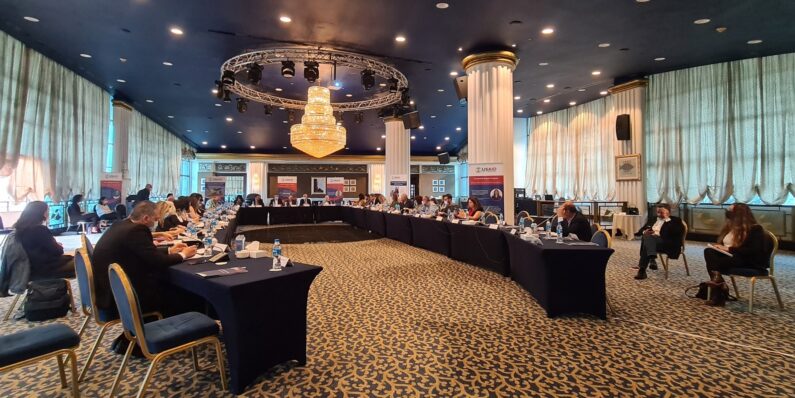
The continuous collaboration with USAID on internship program design, implementation, feedback, and finetuning created a strong culture of trust between CSP and USAID. This trust, combined with the program’s flexible structure, allowed for the upscaling of the program from two initial universities in 2019 to 11 universities in 2022. It also allowed CSP to expand its reach of program recipients from current students to recent graduates beginning in 2021.
Quarterly feedback sessions with all interns and their work supervisors allowed for significant improvements in internship design. Gains made through regular and periodic feedback sessions included better development of interns’ scopes of work, better inclusion of interns into staff activities and planning, more flexible work environments (place and time), and clearer expectations on both sides about duties and responsibilities.
The internship program’s highly inclusive and dynamic design and methodology are one reason for its success, according to Ani Sarraf, a person with disabilities and an advertising and communications graduate from Haigazian University. “I felt genuinely welcomed, and my unique physical qualities were never seen as obstacles,” she says. “My acceptance into the USAID-funded Community Support Program, within minutes after my interview, marked a significant milestone. It underscored the notion that one’s appearance does not determine the depth of skills and mindset.”
One of USAID’s core values is the inclusion of youth, women, people with disabilities, and other underrepresented groups into project design and implementation. The CSP internship program has offered all USAID Lebanon implementing partners a chance to tap into a cost-effective avenue for significantly improving youth and female inclusion in the implementation of their activities. More importantly, the program has provided important financial relief for students and their families amid a crushing recession, making it a win-win solution for all involved.
This impact story was authored by Fares El-Zein, Lebanon CSP technical assistance and capacity building director, and Lamya Ayyad, Lebanon CSP university partnership manager.





